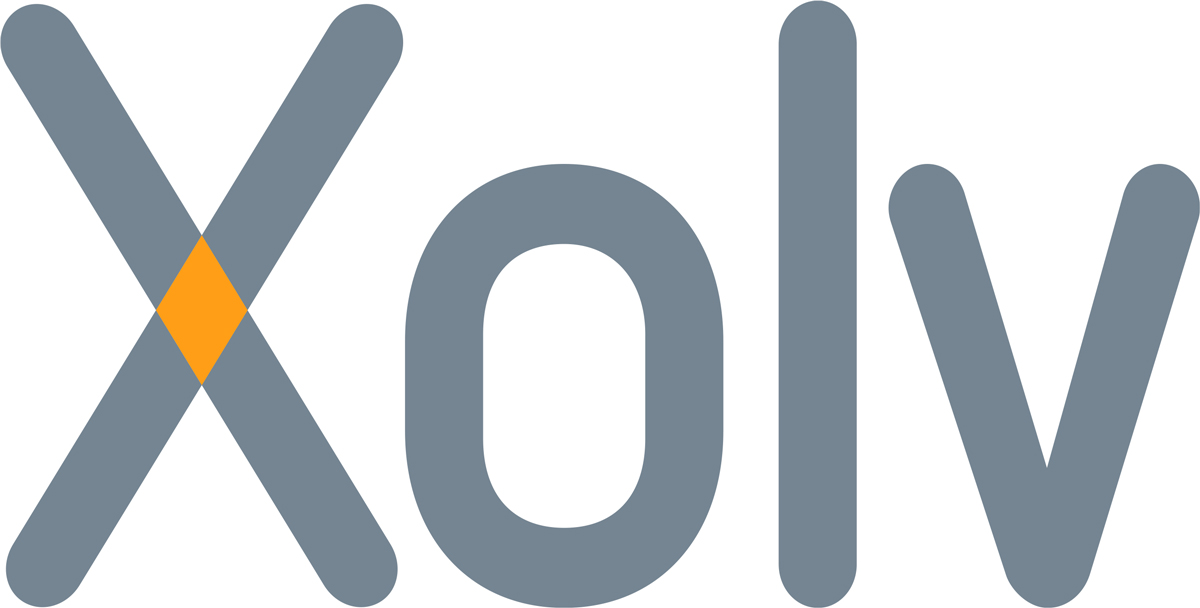In the new economic reality, banks are considerably less eager to provide financing. As a result, other forms of financing such as factoring are rapidly becoming popular. Indeed, it is currently the instrument of choice to pre-finance your working capital to the maximum extent.
With factoring, you take financing based on your debtors; you are no longer dependent on the payment of your debtors. Instead, you often receive all your money within 2 days of sending the invoice. This helps you better plan your expenses. With working capital financing, your available financial resources increase and thus your liquidity position. Another option is to finance your purchasing and/or current stocks
The benefits of working capital financing:
- Higher funding: factoring companies provide funds that banks do not venture (up to 90% of the receivables portfolio);
- Within 24 hours of invoicing your buyer, you will have access to your money;
- More flexible financing than traditional bank financing;
- Through balance sheet reduction, factoring offers an opportunity to improve financial ratios on solvency and liquidity;
- Expertise from factoring company regarding potential debtors (payment terms, delivery and payment conditions, etc).
Calculate your current working capital using the formula given in this article.
For which companies is factoring interesting?
- You should currently allow long payment terms to your buyers;
- You face one or more seasonal peaks;
- You export a lot and have to wait a long time for your payments;
- Liquidity crunch makes it difficult for you to fill new orders;
- Due to the rapid growth of your business, you are constantly struggling with a liquidity shortage;
- You want to finance an acquisition.

What are the forms of factoring?
- Debtor financing: debtor financing forms the basis of factoring;
- Full factoring: factoring including outsourced debtor management and insolvency risk coverage (credit insurance);
- Bulk factoring: here you continue to manage your debtors yourself, credit insurance is optional;
- Off-balance sheet factoring: especially for larger companies looking to take the accounts receivable position off their balance sheet (thereby improving ratios);
- Purchase financing (only in combination with debtor financing): often with main suppliers and only possible if products have already been ordered by buyer;
- Stock financing (only in combination with debtor financing), stock must be physically in
- Netherlands are present, products must be current;
- Optional; Outsourcing debtor management, Credit insurance, Collection service
Read this article for a more comprehensive overview of the 5 most common variants of factoring.
What is Xolv's role?
Xolv helps you set up a factoring programme. Thanks to our years of experience and accumulated expertise in factoring, we are able to carefully set up, implement and monitor this form of financing together with you. We will go through the following steps with you:
- Pre-check capabilities
- Drafting application
- Market research
- Choice of suitable financier
- Implementation of factoring programme
- Permanent support



